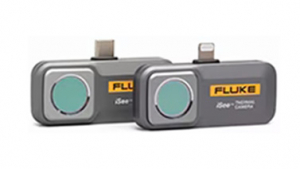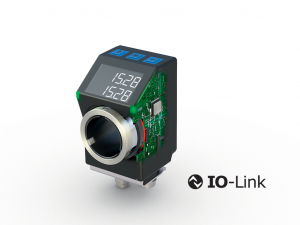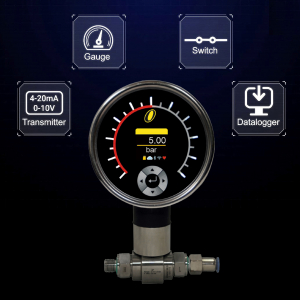Keithley Expands Range of DC Source-Measure Instruments Compatible with ACS Basic Edition Software
Keithley Instruments has enhanced its popular ACS Basic Edition software, adding support for a broader line of source-measure (SMU) instrumentation. This broader choice of compatible instruments should prove especially useful in expanding the software’s voltage and current limits available for testing solar cells, photovoltaic panels, and discrete power semiconductors. ACS Basic Edition combines high speed hardware control, device connectivity, and data management into an easy-to-use tool optimized for part verification, debugging, and analysis.
With the introduction of Version 1.1, ACS Basic Edition, a member of Keithley’s Automated Characterization Suite (ACS) family, can now support a far broader range of DC voltage and current test capabilities. It’s compatible with the company’s full SMU offering, the broadest array of choices in the industry. Depending on the SMU selected, ACS Basic Edition supports sourcing and measuring up to 5A or 1100V DC on individual channels. The newly expanded source and measure ranges are especially useful for tests on evolving photovoltaic panels/solar cells and high power electronics in research, failure analysis, and inspection applications. ACS Basic Edition now also supports combining different SMU models into a single test, allowing easier configuration, test creation, and test execution – with no need to write code.
Keithley developed ACS Basic Edition to maximize the productivity of technicians and engineers responsible for packaged part characterization in applications ranging from early device research through development, quality verification, and failure analysis. It is delivered complete with a library of pre-configured component test routines to minimize start-up time, reduce the need for code development, and simplify the component testing process. Even novice users can test a semiconductor component in seconds and compare the characteristic curves with reference curves immediately. Much like a traditional analog curve tracer, ACS Basic Edition can generate a family of curves on a packaged part quickly but also offers the flexibility to save, compare, and correlate results easily.
Version 1.1 of the package provides a variety of new and enhanced capabilities:
• Expanded hardware options: The software now supports combining hardware from any of Keithley’s SMU families into a single test, including Series 2600 and 2600A System SourceMeter instruments, Series 2400 SourceMeter instruments, the Model 4200-SCS Semiconductor Characterization System, and the Model 237 High-Voltage SMU. Now, users can test with a variety of SMU instrumentation optimized for a device’s specific current and voltage requirements.
A new communication settings window allows configuring a variety of external GPIB instrumentation, such as a switch matrix, capacitance-voltage (C-V) meter, etc. into an ACS Basic Edition system. This simplifies making productive use of additional measurement hardware that users may already have in their labs.
• Test saving enhancements: ACS Basic Edition now includes tools that help organize tests by devices and instruments, so it’s easy to save test algorithms and recall them for later use or modification. A new “Saved Test Info” dialog box allows selecting the instrument models with which the test will be associated on the test selection window. With this feature, users can organize their tests as they collect important data or update their test method.
• Updated test selection dialog: Enhancements to this dialog include a new GENERIC device option, an improved user-defined device function, and a new instrument models listbox that includes all the instruments scanned by the software at startup.
• Easier data visualization: Improvements to the data tab of all individual device tests simplify data visualization by allowing all the data a user wants to include in a plot to be incorporated at one time.
• Script editor enhancements: The script editor has been enhanced to make script development and organization more powerful for a number of different test module types. Users now have direct access to the XRCed GUI development tool, which lets them build GUIs for custom test modules written in either Python or Test Script Processor (TSP®) languages. TSP scripts work with Series 2600, Series 2600A, and Model 3706 instruments. Python scripts are used to communicate via GPIB to any of these instruments, as well as any general purpose hardware users want to control.
Similar articles
More from Keithley Instruments GmbH
- Manufacturers may be missing out on Austempering and Martempering 14th November 2011
- Keithley to Show Award-Winning Innovations in RF/Wireless Test at EuMW 15th September 2009
- Free Keithley Webinar Explores MIMO Channel Sounding in RF Testing Using Channel Emulation 9th September 2009
- Keithley Expands Range of DC Source-Measure Instruments Compatible with ACS Basic Edition Software 27th August 2009












Write a comment
No comments